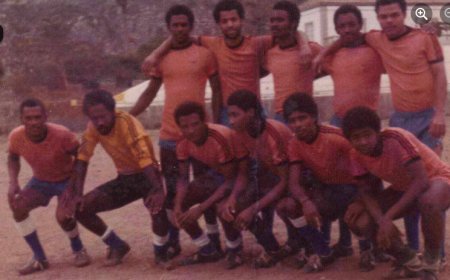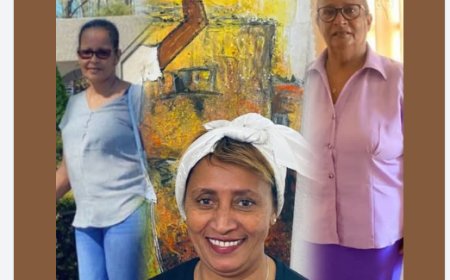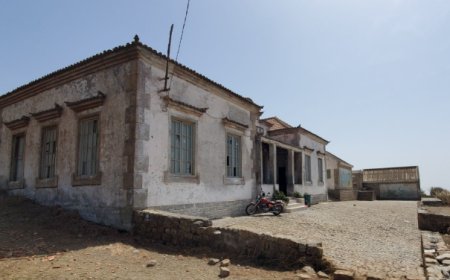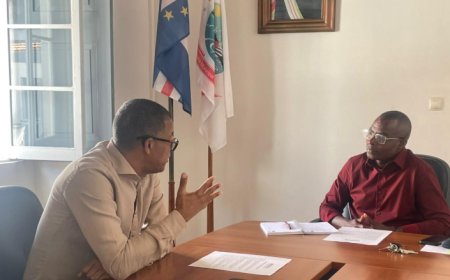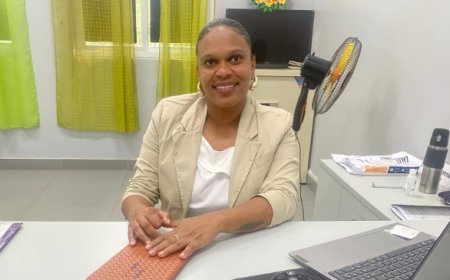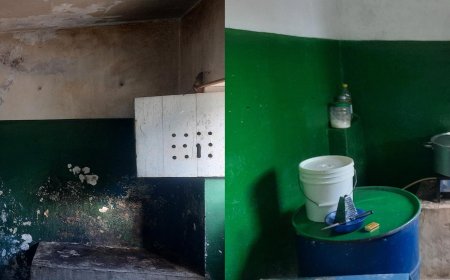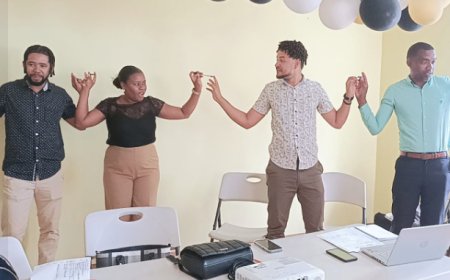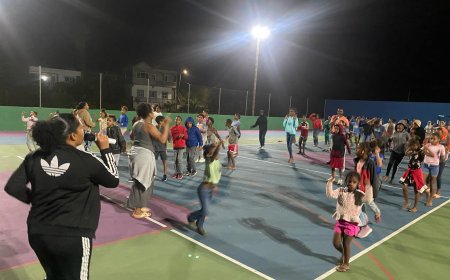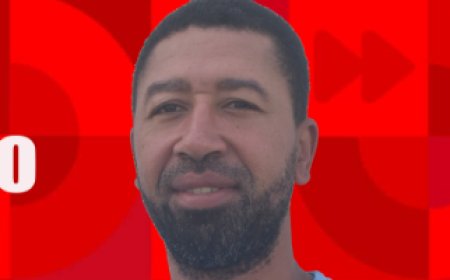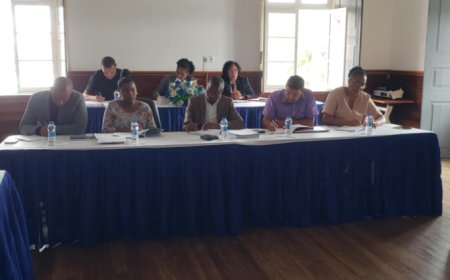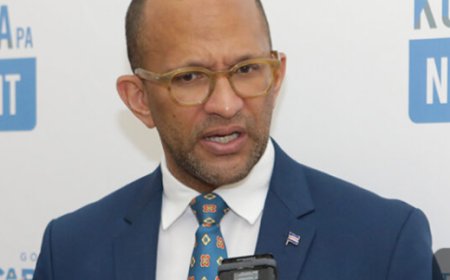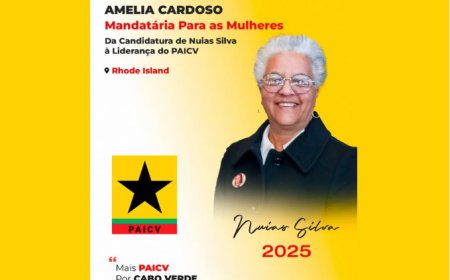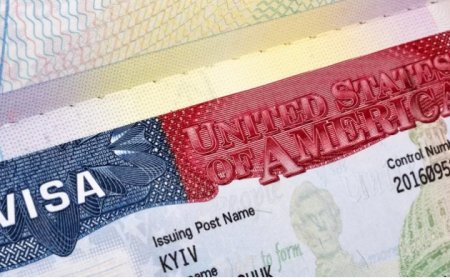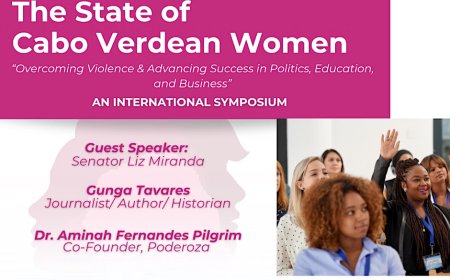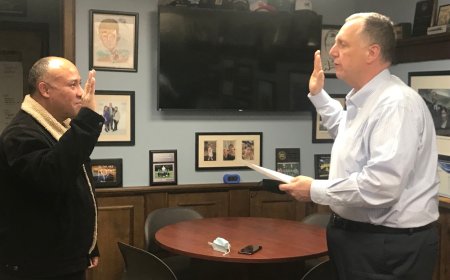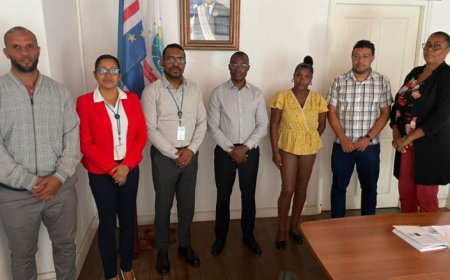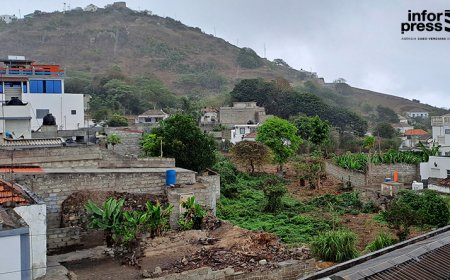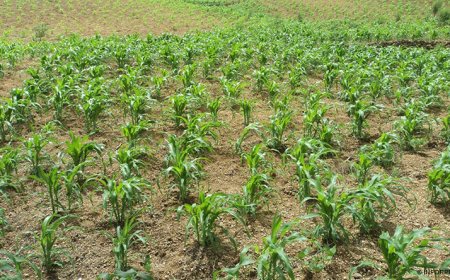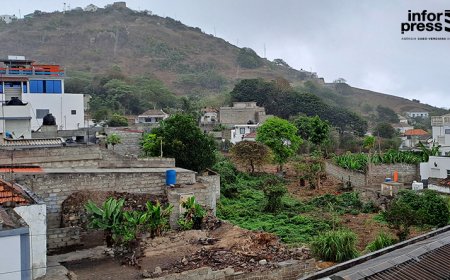The Influence of Agronomy on Amílcar Cabral's Political Struggle - Report by AgroPortal
Amílcar Cabral's training in agronomy was fundamental in shaping his political trajectory and his fight for the independence of Cape Verde and Guinea-Bissau, according to Arlindo Fortes and Carlos Monteiro in a report published in AgroPortal.
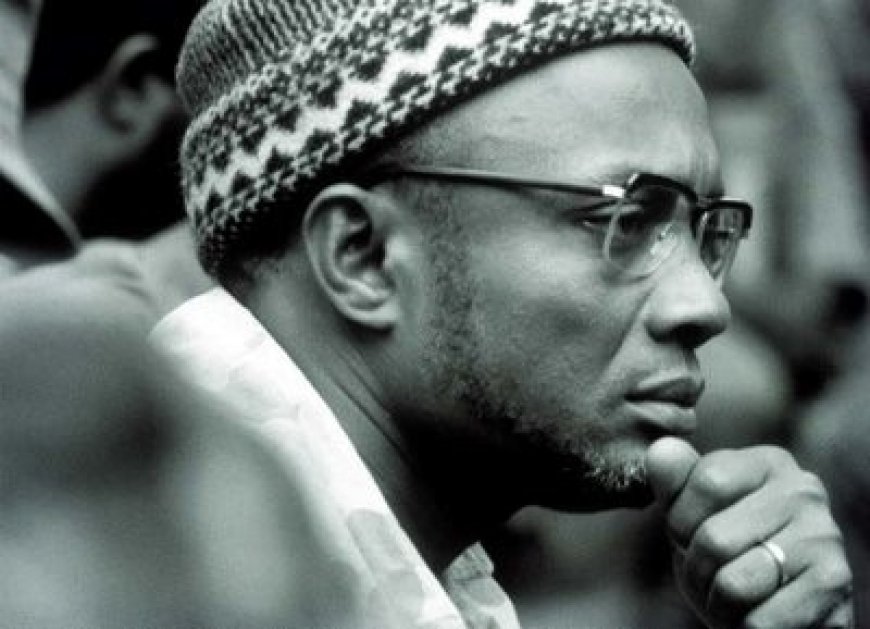
According to the website AgroPortal.pt, Arlindo Fortes and Carlos Monteiro, two Cape Verdeans from different generations, share the same training in agronomy, a choice that also marked the life of the historic leader Amílcar Cabral more than 70 years ago. Cabral used his agronomic knowledge to deeply understand the living conditions and colonial injustices faced by the people of Cape Verde, Guinea-Bissau and Angola.
Arlindo Fortes, professor at the Public University of Cape Verde, highlighted that training as an agronomist allowed Cabral to explore the realities of African countries under colonial rule. "He knew the difficulties and ways of life of different populations and ethnicities, which pushed him even more into the political struggle," said Fortes in an interview with Lusa.
Carlos Monteiro, current president of the Order of Engineers of Cape Verde, added that the decision to study agronomy was strategic for Cabral, who initially wanted to pursue a career in the medical field. However, upon obtaining a scholarship to the Instituto Superior de Agronomia in Lisbon, he saw an opportunity to contribute to the emancipation of African peoples. "Cabral had in mind the fight against the colonial inertia that was plaguing Cape Verde", explained Monteiro.
Cabral's path was not without challenges. After completing the course in 1952, he faced several professional disappointments in Portugal, including losing a place on the Internal Colonization Board, despite being the best placed in the public exam. These injustices further strengthened his political resolve. "His experiences as an agronomist gave Cabral a critical vision that fueled his political struggle", stated Monteiro.
In the post-independence period, Cabral's ideas on soil conservation and economic emancipation of farmers significantly influenced Cape Verde. Soil conservation projects were implemented with international aid, but with the country's economic growth, this funding decreased. Both Fortes and Monteiro argue that the country must renew its efforts to conserve soil and enhance agriculture, using internal resources and encouraging young people to remain in the agricultural sector. "Soil conservation must be a national goal", concluded Monteiro, highlighting the importance of a deeper look at soil as a national heritage.








